
The new Labour government will resume trade talks with India and the Gulf countries, the Department for Business and Trade (DBT) announced on Monday.
Business and trade secretary Jonathan Reynolds said his department would prioritise deals with the Gulf Cooperation Council (GCC), India, Israel, South Korea, Turkey and Switzerland in the autumn as part of Labour’s new trade strategy.
These were countries the previous Conservative government was already targeting before stepping down at this month’s general election.
Meanwhile, the US was notoriously left out of the new DBT’s wishlist.
The government said it would pursue “the high-quality trade deals the UK needs to give businesses access to international markets, boost jobs and deliver growth”.
It has also indicated it will publish a new trade strategy that not only focuses on free trade agreements (FTAs), but is also in line with Labour’s broader industrial plans.
Reynolds, who previously pledged to pursue “fewer but better” trade deals in the post-Brexit world, said that “boosting trade is essential to deliver a strong economy at home”.
“That’s why I’ve wasted no time taking stock of progress and getting ready to press on with trade talks with our international partners.
“From the Gulf to India, our trade programme is ambitious and plays to the UK’s strengths to give British businesses access to some of the most exciting economies in the world.
“Our teams will be entering negotiating rooms as soon as possible, laser-focused on creating new opportunities for UK firms so they can support jobs across the country and deliver the growth we desperately need,” he added.
A potential deal with the GCC offered a “substantial economic opportunity”, the DBT said, pointing to the at least £19bn that has been invested between the UK and the Gulf countries as of 2021.
A trade deal with India, meanwhile, “would give UK businesses better access to its burgeoning market of middle-class consumers, projected to grow to over a quarter of a billion consumers by 2050”.
UK foreign secretary David Lammy visited India this month to discuss restarting trade talks after they were suspended last month because of elections in both countries.
An India FTA was heavily touted by former prime minister Boris Johnson as a landmark benefit of leaving the EU, pledging to land one “by Diwali” 2022.
A bilateral deal with the US was also a Brexit promise, but concerns over America’s food safety and animal welfare standards – specifically hormone beef and chlorinated chicken – have compromised negotiations in recent years.
Both deals have failed to materialise so far.
The first round of trade talks under the new government is expected to take place during the autumn.
Labour now faces deep challenges when it comes to trade, as British export figures have been steadily declining for the past decade.
Exports were particularly affected by Britain leaving the EU and its single market in 2021, which came with a barrage of costly red tape for businesses.
The government also reiterated commitments to “resetting our relationship with the EU” on Monday.
Both London and Brussels have expressed interest in signing a veterinary deal that would alleviate paperwork costs and border checks.
The director general of the Chartered Institute of Export & International Trade, Marco Forgione, welcomed the government’s commitment to completing trade deals.
“The news that the government has kicked off trade talks with these key economies so quickly is extremely positive. Making international trade easier and helping more UK businesses expand into international markets is central to getting growth into the economy.
“We know there’s real business interest in making international trade easier and we stand ready to work with DBT to ensure businesses, particularly SMEs, are armed with the know-how to turn these opportunities into reality,” Forgione said.







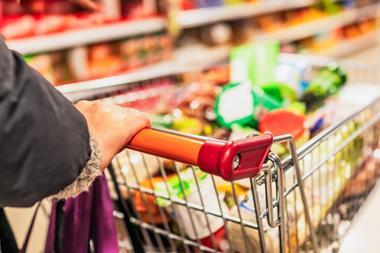

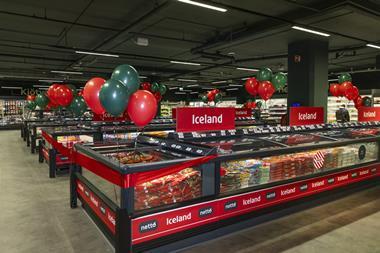
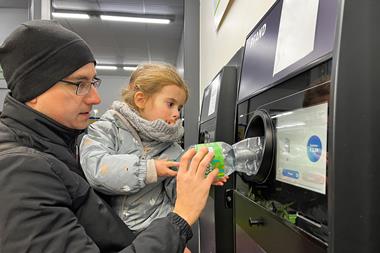
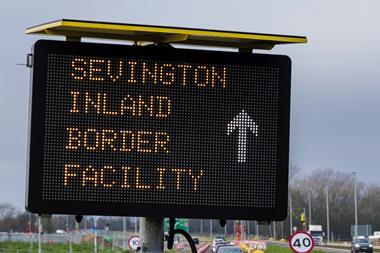
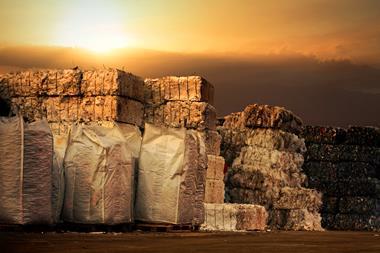






No comments yet